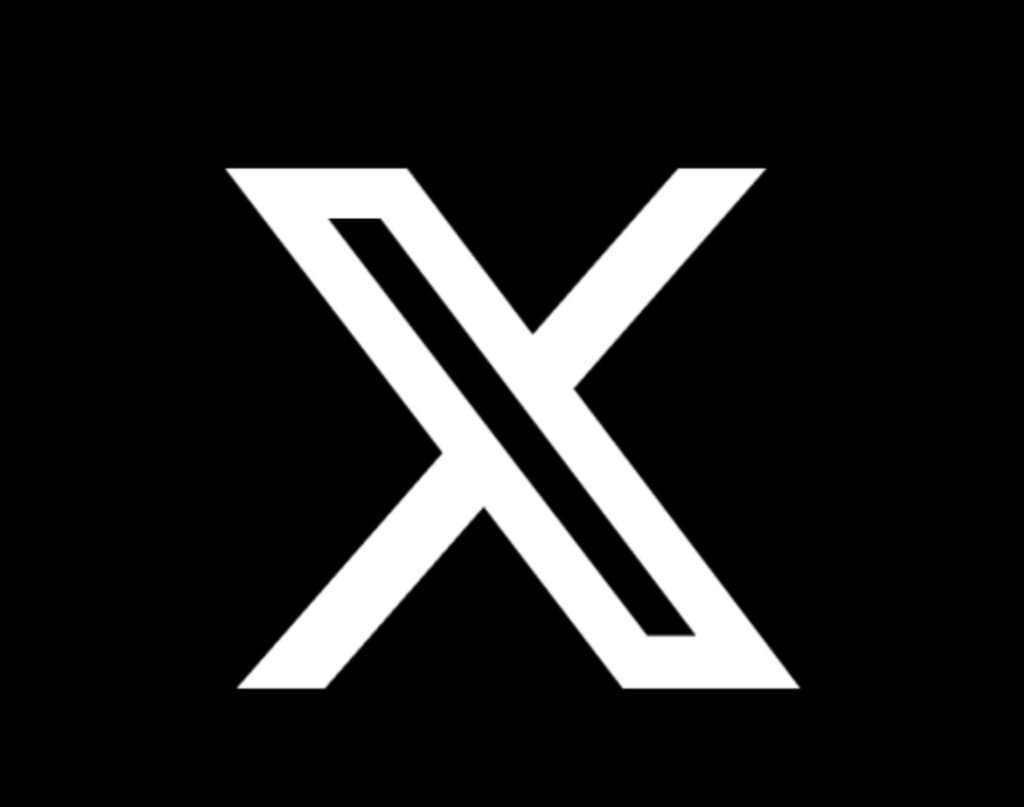The micro-blogging platform X (formerly known as Twitter) is a popular social media intermediary hosting audio-visual content posted by users. In 2023, the National Music Publishers’ Association (NMPA) on behalf of major music labels Universal Music Group, Concord Music Group, Sony Music Publishing and Warner Chappel Music filed a suit against X Corp. before the United States District Court of Tennessee (Nashville Division). The main contention of the NMPA was that X “breeds massive copyright infringement that harms music creators”. The copyright infringement is even more rampant due to inaction by X and its failure to taken down posts containing copyrighted music.
X’s main defence to dismiss the lawsuit was claiming safe harbour since it is a social media intermediary. According to the safe harbour principle, an intermediary cannot be held responsible for any information, data, or communication link provided or hosted by them on behalf of third parties. In the American context, the Section 230 of the Communications Decency Act 1996 protects social media platforms from being treated as publishers of user-generated content, offering them “safe harbour”.
Regardless of the safe harbour being a defence for X, the suit was not dismissed since it was not clear as to what extent was X liable for the infringing acts of the users on the platform. NMPA claimed that X was participating in ‘contributory infringement’ by allowing premium users (users who are subscribed to X Premium) a more forgiving treatment under its anti-infringement policies. Moreover, the premium users are more likely to post infringing content as they are allowed to post longer videos of the platform as a part of the subscription perk.
The Court, however, rejected X’s plea to dismiss the suit since X has failed to respond to copyright infringement claims in a timely manner and had not taken strict action against repeat infringers. Justice Trauger in his ruling stated “As the Supreme Court has acknowledged, ‘the lines between direct infringement, contributory infringement, and vicarious liability are not clearly drawn. The ultimate questions presented by this case are whether to what extent X Corp. may be liable for the infringing acts of users on its platform”.
Copyright infringement by users of online platforms is a well-established problem, and the US Congress has enacted a framework for addressing it, in the form of the Digital Millenium Copyright Act, or “DMCA.” The core feature of the DMCA, for these purposes, is its notice-and- takedown framework, which creates a streamlined process through which copyright holders may seek the removal of protected content, and with which a social media site must, broadly speaking, comply in order to avoid liability for its own role in the underlying infringement. However, inaction by X towards repeat infringers despite multiple takedown notices from NMPA in which 3,00,00 copyright infringing tweets have been identified, makes them liable under the ‘secondary liability doctrine’, weakening their safe harbour defence.
Thus, the Court dismissed the suit in part, making X liable for providing more lenient copyright enforcement to “verified” users; failing to act on takedown notices in a timely manner; and failing to take reasonable steps in response to severe serial infringers.
In conclusion, this decision of the Court has addressed the penumbra of the safe harbour principle and liability of the social media intermediaries in case of copyright infringement.
Author: Deveesha Tudekar

